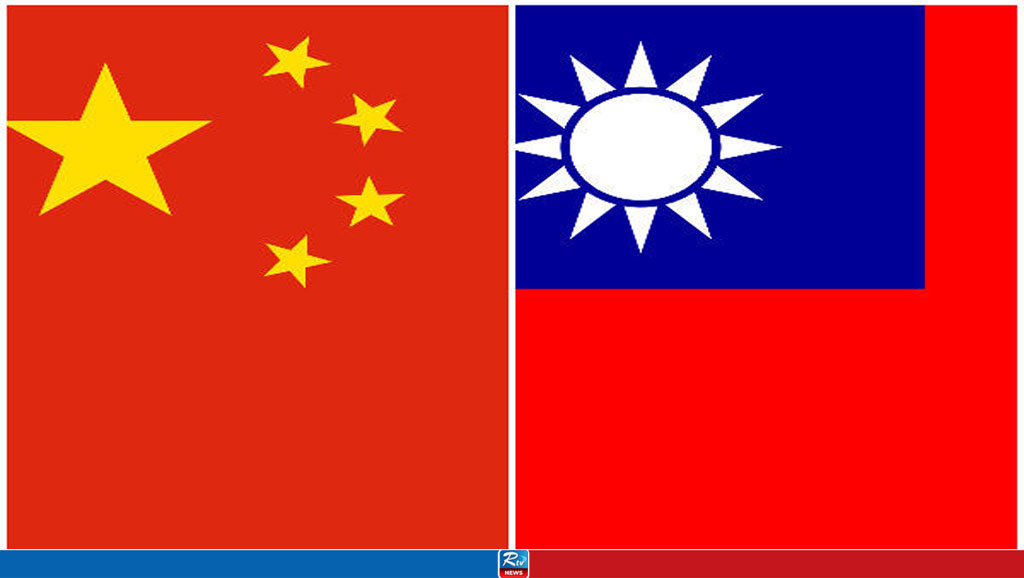Taiwan Should Watch How Manila Pushes Back on China
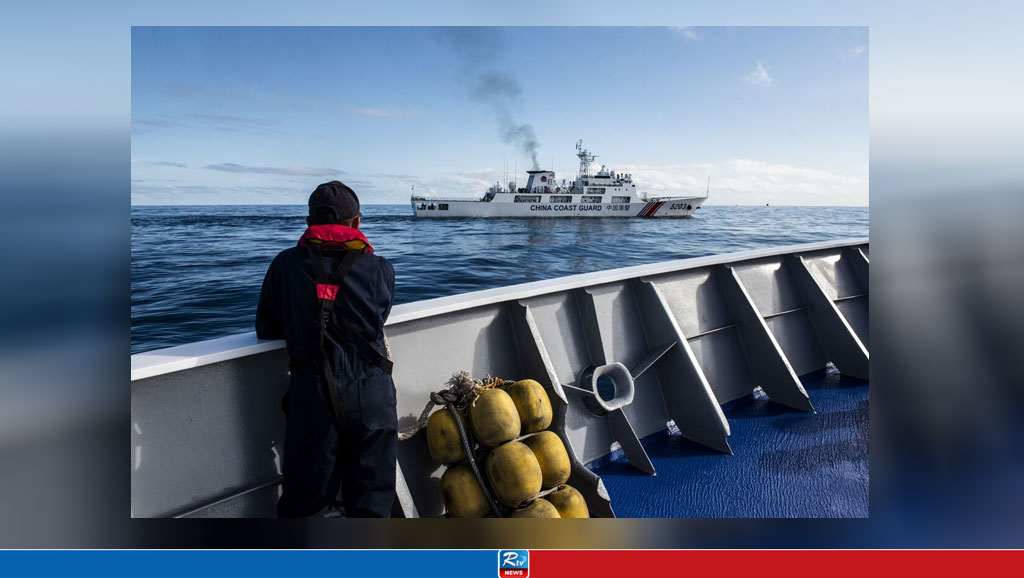
Taipei cannot allow Beijing to change the status quo in the contested waters around the island. It needs to shine a light on these gray-zone activities.
With China escalating “gray-zone activities” in the Taiwan Strait, it’s time for Taipei to abandon its cautious strategy and take fresh inspiration from the Philippines. Tired of fishermen being harassed by the Chinese coast guard and the dangerous maneuvers against its naval ships, Manila has started calling this behavior out.
The deaths last week of two Chinese fishermen off the coast of the Taiwanese island of Kinmen — after a China-registered speedboat carrying four people was chased by authorities when it refused inspection — have made this all the more urgent. A press officer for the Taiwanese Coast Guard said the deaths were the first-ever fatalities from its enforcement action, but the consequences are far-reaching.
China’s response was, at first, relatively muted. It condemned the deaths, but there didn’t appear to be immediate repercussions. In any case, Beijing had already stepped up harassment since the Democratic Progressive Party’s Lai Ching-te won the presidential election in January, and most experts believe this will continue until his inauguration on May 20, a key date in the timeline of Taiwan-China relations.
That initial optimism was short lived. Within days of the deaths, the mainland announced that it would be sending more patrol boats to the contested waters, which it has always refused to acknowledge as Taiwan’s. Then officers from a Chinese coast-guard vessel boarded a Taiwanese tourist boat, a rare act that prompted concerns the travelers would be forcibly taken to the mainland. That didn’t happen, but it is clear that Beijing has spotted an opportunity, and isn’t going to let it go without increasing what is known as the practice of “salami slicing” — attempting to take ownership of Taiwan’s territory, bit by bit.
The escalation occurred as a delegation of US lawmakers led by Republican Mike Gallagher was visiting Taipei. They delivered a strong message of support, which may have exacerbated the already fraught three-way relationship. But these international representations are important, particularly as the US heads into an election that could see a change in the White House.
Salami slicing is a “challenge that’s quite different from the threat of an outright invasion,” notes Ivo Daalder, the former US ambassador to NATO. It places the onus of escalation on Taiwan and the US, neither of whom want to up the ante — which means that China gets its way, and moves ever closer to controlling Taiwan, through a “slow, steady strangulation.”
The official response from the Taiwanese government so far has been cautious. The military said it will not step up its presence on Kinmen or the island of Matsu, and Taipei has tried to play the latest tensions down, choosing to politely deal with Beijing’s reactions. This is the wrong strategy.
Instead, it should look to the Philippines. The Southeast Asian archipelago has its own experiences of dealing with an increasingly assertive China, and now consistently shines a spotlight on the gray-zone activities in the South China Sea, publicizing how often China is operating in its waters. This serves a dual function: It tells the world what China is up to, and reminds Beijing that these actions won’t go unchallenged.
Military contacts I’ve spoken to agree. “Let the international community know the truth, and expand the international media effect to reduce the results of China’s foreign propaganda,” said Ming-Shih Shen, of Taiwan’s Institute for National Defense and Security Research. “We must explain to the international community that China may use this to unilaterally change the status quo in the Taiwan Strait, and we hope all countries can issue statements condemning this behavior.”
He added that both Kinmen and Matsu, while not strategically significant in Taiwan’s defense against Beijing because of their proximity to the mainland, should increase the number of Coast Guard patrol powers and strengthen law enforcement tools and capability in prohibited and restricted waters to counter China’s operations.
Taiwan is already doing some of this, but not to the extent that the Philippines does. In contrast to the well-mannered daily Ministry of Defense tweets, Manila has, among others, Filipino Coast Guard Spokesman Commodore Jay Tarriela’s feisty account on X, formerly Twitter. He regularly rebuts China’s claims in Filipino waters, posts videos of incursions, and takes journalists on trips to see firsthand Beijing’s tactics. While tensions between the Philippines and China are nowhere near as sensitive as relations between the mainland and Taiwan, they have escalated in recent years. Taipei should take note.
Part of the sensitivity comes down to domestic concerns, notes Jennifer Welch, Bloomberg’s chief geoeconomics analyst. “The Democratic Progressive Party is concerned about feeding into opposition party narratives that it is more likely to bring war to Taiwan,” she told me. “That’s because the Kuomintang, which advocates for more engagement with Beijing, had framed the election as a choice between peace and war. As a result the DPP has to weigh both domestic and external considerations.”
That is a legitimate concern, but hiding behind cautious language is not doing much good. Manila has shown that proactively defending its territory can reap dividends — at the very least, speaking up brings the world’s focus back on what Beijing is doing. Shining a light on things is uncomfortable, but necessary. Ignoring the situation just allows it to fester and the problems to grow.
Source: Bloomberg
Comments
Jacob Zuma barred from running in election
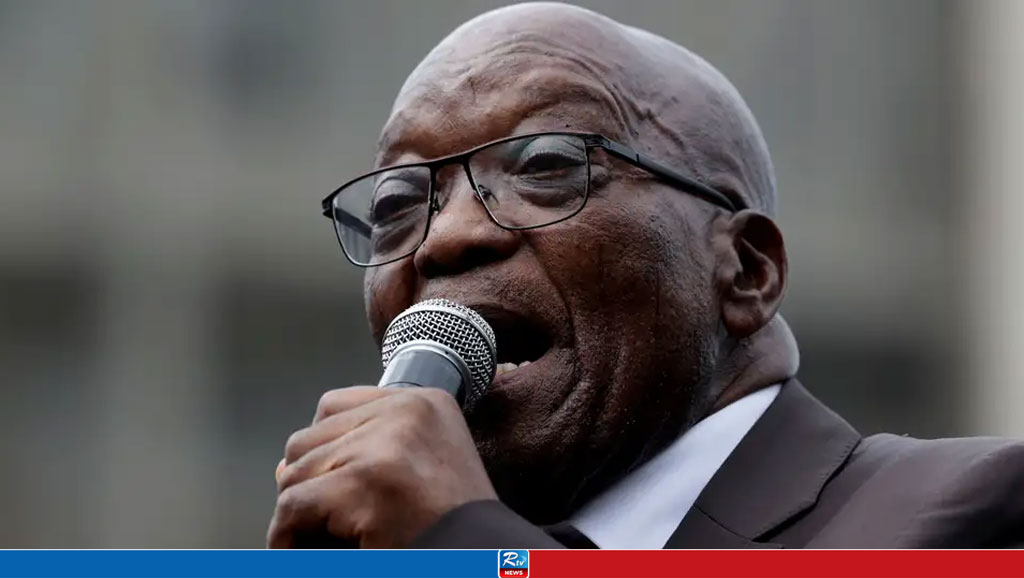
45 dead in South Africa bus crash, 8-year-old girl only survivor
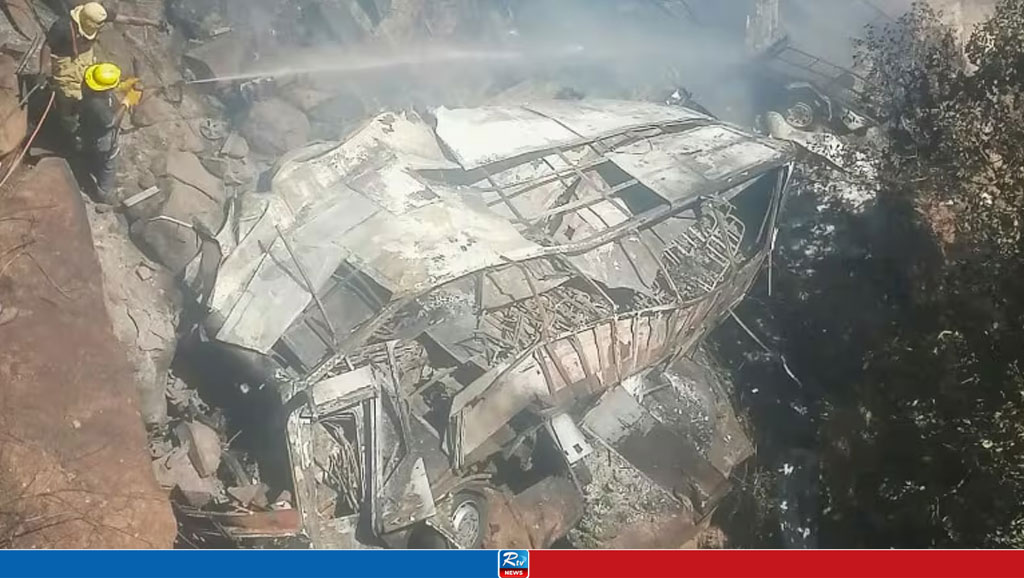
World's most expensive cow sold for $4.3 million in Brazil

Turkey: Polls close in Erdogan's 'last election'

Italy is overtaking Germany as Europe's economic powerhouse
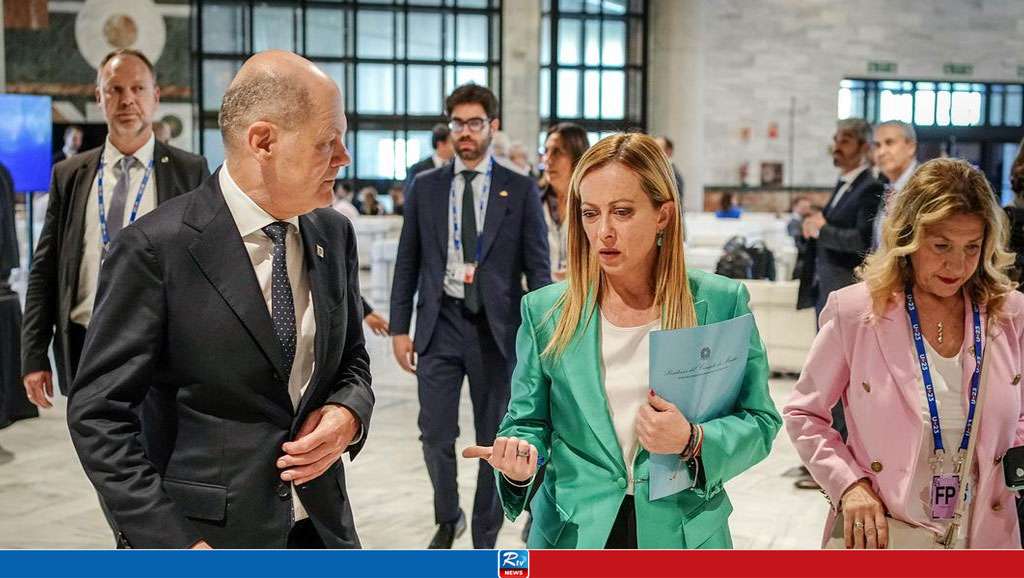
Lawmakers urge Biden to call out more Chinese biotech firms
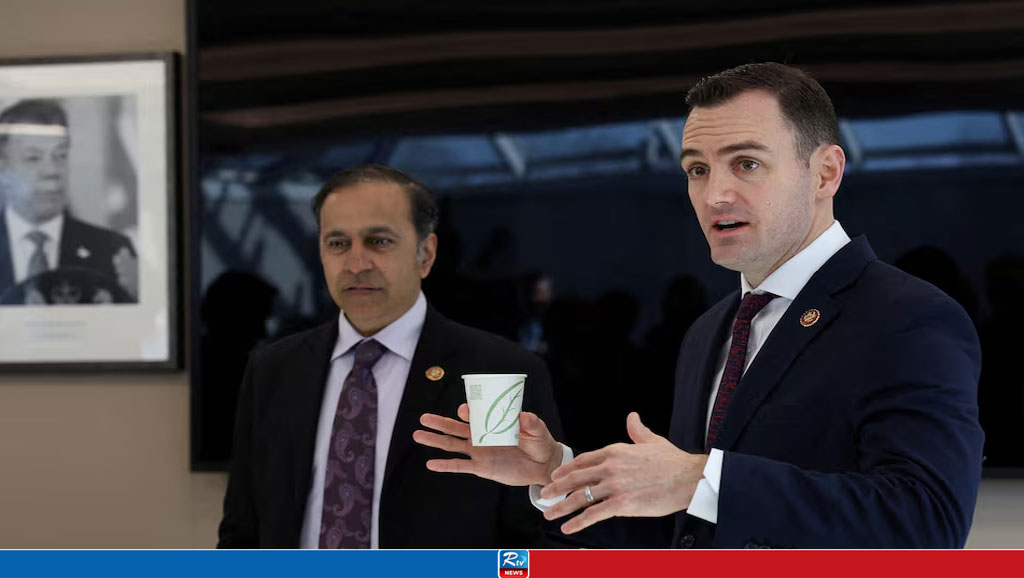
Gaza death toll crosses 33,000


 Live Tv
Live Tv


